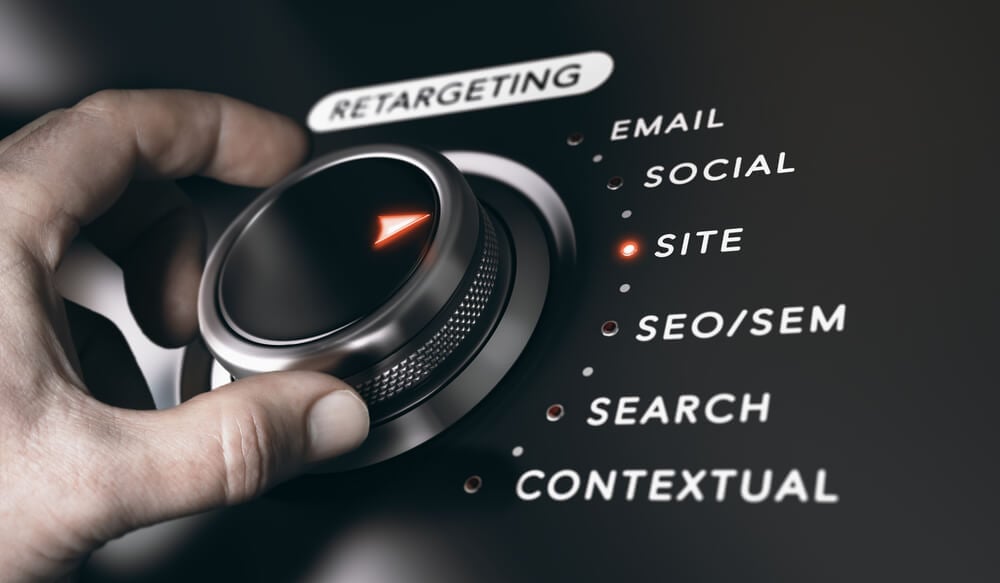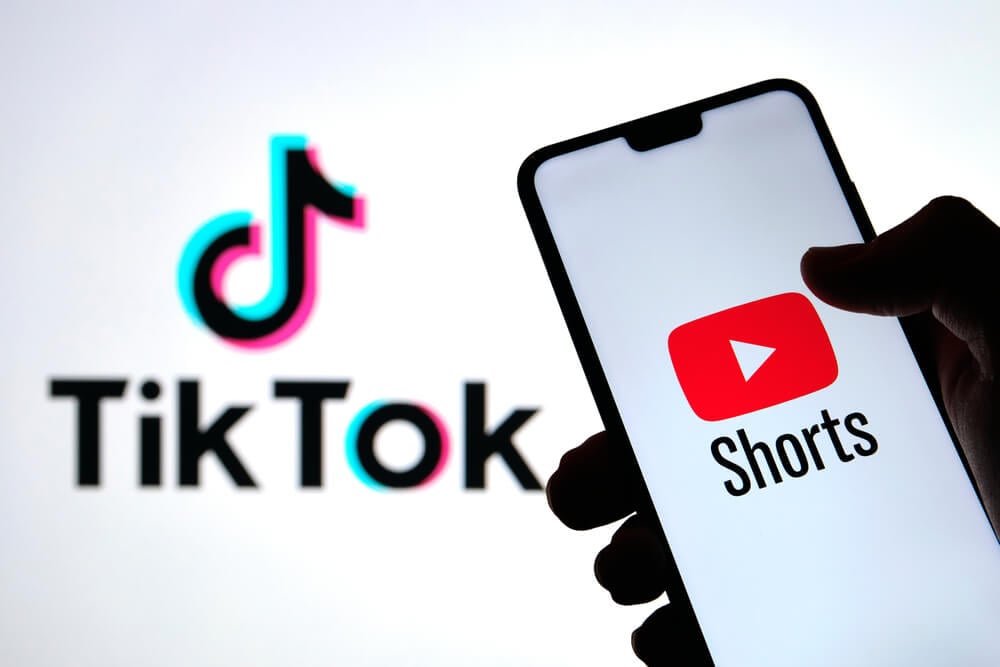Don’t Hit The Pause Button on Your Ad Spend

It can be very easy to pause your paid ads as soon as you feel the need to do so. The ability to pause ads is particularly beneficial for companies in the service industry that may not offer services during certain periods. This may include the holidays when many businesses aren't open. You may also want to pause ads if they're simply not performing the way you hoped they would. However, pausing ads too frequently could be detrimental to your campaigns in a number of ways.
If you're tempted to pause your ads, there are certain factors to consider before hitting that pause button. Oftentimes, pausing isn't the answer, as it can hinder rather than help your campaigns. Instead, consider some possible alternatives.
Pausing Your Paid Ads Could Have Negative Effects on Your Campaign
There are several ways in which pausing paid ads could hurt your campaigns. The possible negative effects include:
Ads Lose Traction
When you first launch a paid ad, it can take some time before you see trends and generate good data. If you pause your ads before they can pick up some momentum and give you the results you want, they may be slow to regain traction.
A recent State of PPC report found that 77% of marketers plan on increasing their Google Ads ad spend within the next year. This means that if you want to remain competitive and make sure your ads remain effective, it's best to avoid pausing your ad campaigns.
A/B Tests Are Compromised
Experimentation is one of the best ways to gauge the effectiveness of your ads. A/B testing enables you to determine which ads are more effective than others, giving you insight into each ad's performance.
If you pause your ads, your A/B tests are likely to be compromised as they lose traction and no longer provide the data you need. In the process, you'll be unable to collect crucial data including impressions, clicks, and conversions. For example, you may have two ads with varying images and headlines undergoing A/B testing. Pausing those ads will cause you to lose track of the progress of each campaign before you could determine which ad was worth keeping. Once you resume those ads, you'll need to wait for them to regain traction before you can figure out which ad is worth the investment. Ultimately, you may waste more money on the weaker ad when more effective A/B testing could have led to earlier elimination or optimization.
Your Paid Ads Aren't Given a Chance to Improve
In some cases, you may want to pause any ads that are underperforming at some point. However, PPC campaigns often require patients to reap the rewards of your efforts. If you're disappointed with one or more ads that aren't giving you the best results, pausing them could cut them short before they have a chance to improve.
For example, an ad could be performing poorly due to a poorly optimized call-to-action. By slightly tweaking that CTA, you may find that your ad begins performing well relatively fast. Pausing the ad not only ignores the issue that's hurting the ad, but it could also prevent it from improving as quickly if you still choose to re-optimize it later.
What to Do Instead of Pausing Ad Spend
Want to get the best results from your ad campaigns and reduce ad spend? The following are certain steps you can take to improve your ads in lieu of pausing them altogether.
Implement Negative Keywords
Another alternative to pausing your ads is to use negative keywords to keep those ads from showing up for certain searches. For example, a plumbing business that doesn't offer emergency plumbing services on a certain holiday may not want to show up for the term "plumbers open on [holiday]." In this case, negative terms could include that holiday, along with any others when the business is closed.
Adjust Your Bids
You also have the option of adjusting bids on Google Ads. Bid adjustments enable you to display ads more or less often depending on where, how, and when you want people to see them. For instance, you may want more people to see an ad via a smartphone in the afternoon on a weekday, within a specific area. Using bid adjustments, you can make your targeting highly specific for optimal ad performance.
Refresh Creative
Some of your ads may not be performing the way you want them to because of creative elements. You may have display ads that are optimized with the right keywords and headlines, for example. On the other hand, the images aren't appealing to people and encouraging clicks. Testing different creative strategies can help further identify what is and isn't working with each ad.
Shift Budget to Better Performing Tactics
To get the most from your ad campaigns, you can optimize your budget to focus on the tactics that perform the best. One audience might be responding to ads more than others, in which case you could reallocate ad spend to that campaign. Meanwhile, you can reduce ad spend for other ad sets that aren't doing as well without pausing them.
Avoiding pausing paid ads and taking other steps to optimize your campaigns can help you get the best possible results. From scheduling ads for specific times to optimizing underperforming ads, there are plenty of alternatives worth trying. If you want to get the most from your ad campaigns with the right strategies, consider working with a media partner with experience of getting the most out of paid ads. The right partner will help you identify and implement the best solutions to help your campaigns succeed.
Related Posts
Unveiling the Secrets: CoxNext Experts Answer 5 Vital Questions on Enrollment Marketing!
May 24th, 202323 Retargeting Statistics You Need to Know
April 26th, 2023Why Partner With Multiple Agencies When One Is All You Need?
April 20th, 202310 Key Tips for Using Video Shorts in Social Media Marketing
April 12th, 20238 Reasons to Use Video Shorts in Marketing
April 5th, 2023What is a White Labeling Service and Why Should You Consider It?
March 29th, 2023What is the Future of TV Advertising?
March 22nd, 2023Marketing Solutions for Every Step of the Buyers’ Journey
March 13th, 20237 Ways to Know Your Marketing Isn’t Working
February 28th, 2023Categories
- Marketing Strategy (90)
- Digital Advertising (47)
- Digital Marketing (28)
- Content Marketing (17)
- OTT (16)
- ROI (13)
- Content Creative (12)
- Agency Partnerships (11)
- Social (10)
- Video (8)
- COVID-19 (7)
- Advanced Data (6)
- Research (6)
- Technology (6)
- Cox Enterprises News (5)
- Generational Marketing (5)
- Industry: Travel (5)
- Industry: eCommerce (5)
- Advertising Budget (4)
- Industry: Higher Education (4)
- Social Media Marketing (4)
- E-commerce (3)
- Podcasts (3)
- Recruitment Marketing (3)
- Search (3)
- Social Media (3)
- Branding (2)
- Inclusive Marketing (2)
- Industry: Cannabis (2)
- Industry: Home Improvement (2)
- marketing budget (2)
- CoxNext News (1)
- Industry - Automotive (1)
- Industry: Healthcare (1)
- Influencer Marketing (1)
- Podcast Advertising (1)
- Privacy (1)
- working with an agency (1)








.jpg)
.jpg)
%20(1).jpg)
